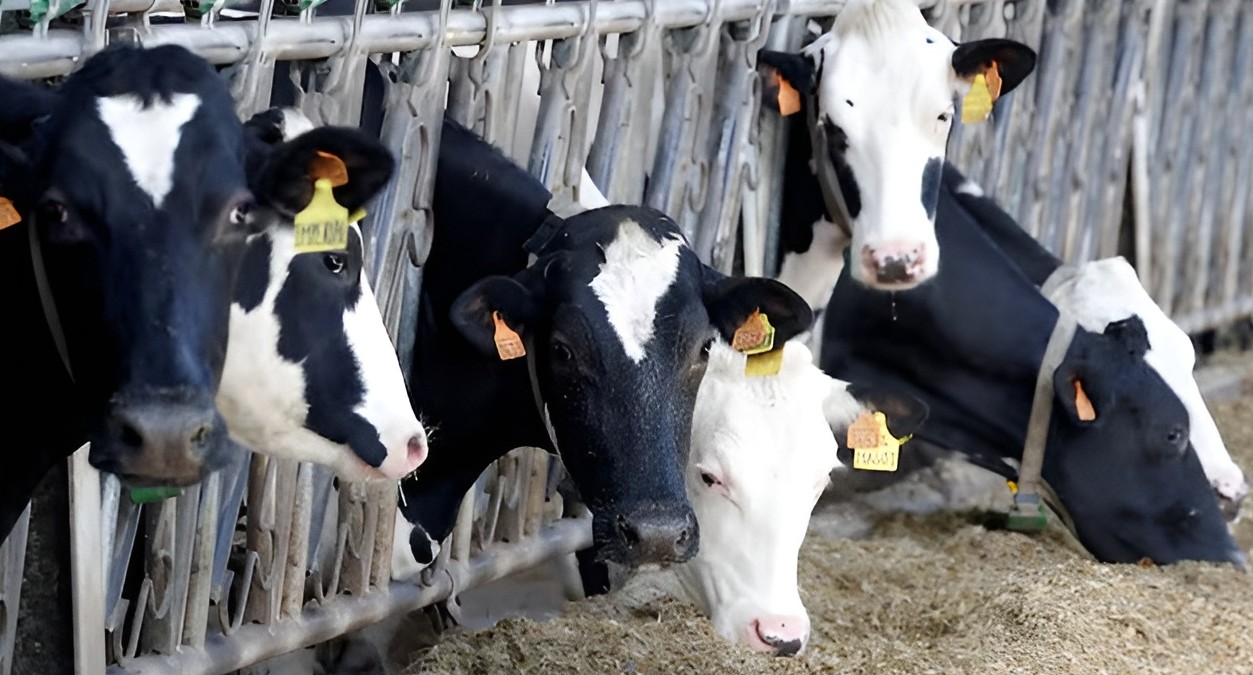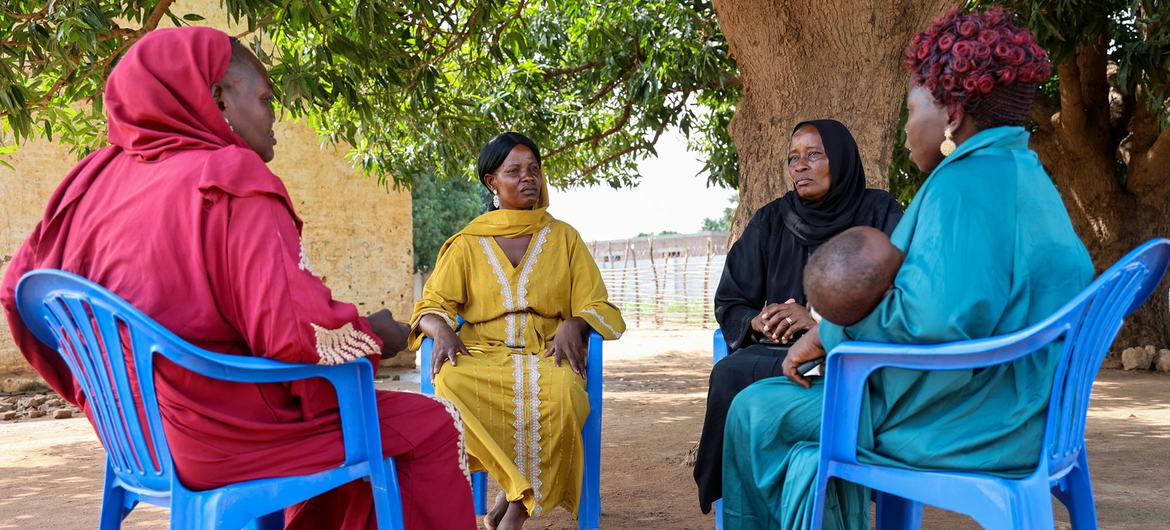Kenya’s ban on Ugandan dairy products sparks Sh132 billion export surge to Nigeria

Uganda to ship 200,000 tonnes of milk and dairy products to Nigeria after Kenya’s restrictions, opening a new regional market and easing domestic trade pressures
Kenya’s restrictions on Ugandan dairy products have prompted Kampala to look to Nigeria, with Uganda set to export 200,000 tonnes of dairy products by the end of November in a deal valued at over $1.02 billion (Sh131.8 billion) at factory prices.
Kenya has had a complicated relationship with Ugandan dairy imports. In 2023, it blocked milk and dairy products to protect local farmers, only to ease the restrictions a few months later under regional trade rules.
However, last month, the government reintroduced a ban on powdered milk, citing unfair competition and the need to safeguard the domestic supply.
According to The Monitor, the shipment to Nigeria—facilitated with support from former Nigerian President Olusegun Obasanjo—will make Nigeria Uganda’s largest dairy export market after Algeria, which imports about 20,000 tonnes annually.
Nigeria produces very little milk domestically, with cows yielding on average less than two litres per day, forcing the country to import roughly 70 per cent of its dairy needs and spend about $1.43 billion (Sh184.8 billion) annually on European products. Uganda, with its lower production costs, is now well-positioned to supply the country.
Import levy
Before 2023, Kenya was Uganda’s main buyer of milk. But a 10 per cent import levy on dairy products made Ugandan goods less competitive, prompting Kampala to challenge the tax under the East African Community (EAC) Common Market Protocol, which guarantees free movement of goods within the region.
"I understand Uganda is discussing ways to remove these barriers," Lynette B. Bagonza, Permanent Secretary at Uganda's Ministry of Trade, Industry, and Cooperatives, told The Monitor in an interview on November 11.
Earlier this year, Uganda’s Trade Minister, Gen Wilson Mbadi, and Kenya’s Cabinet Secretary for Trade, Lee Kinyanjui, agreed that goods crossing the border should be treated as transfers rather than imports. In practice, however, businesses still face permits and levies, slowing trade.
The restrictions have hit several Ugandan dairy producers—including Brookside Dairy, Muhangi Dairy Farm, Lakeside Dairies, Rainbow Dairy, and Amos Dairies—costing the country an estimated $74.4 million (Sh9.7 billion) in lost export revenue annually. Despite these challenges, domestic dairy prices have been rising, reflecting strong local demand.
According to Allan Ssenyondwa, Director of Policy Research and Advocacy at the Uganda Manufacturers Association, the sector remains healthy, supported by increasing production, growing demand in regional markets, and steady domestic prices.
Top Stories Today













































